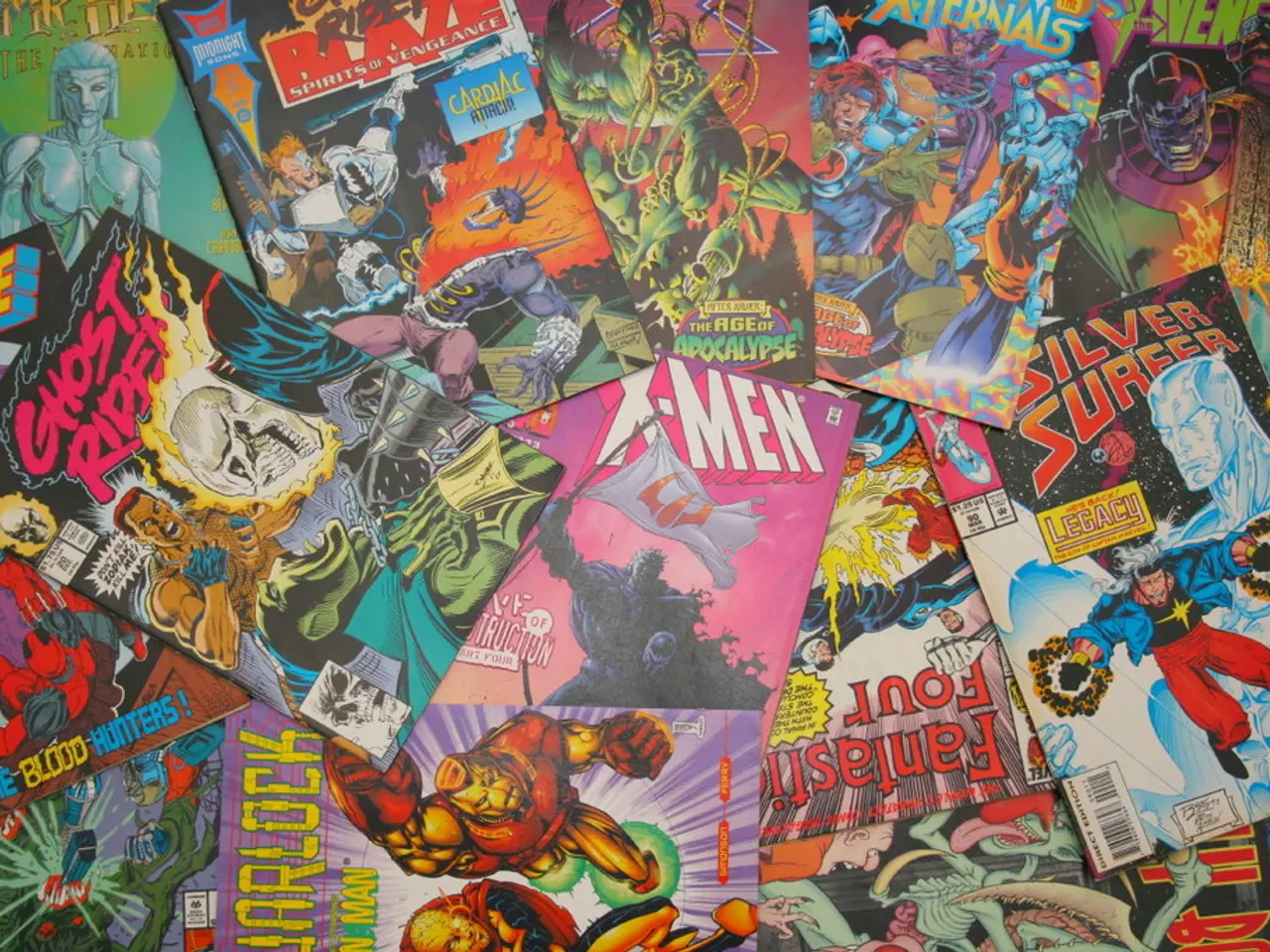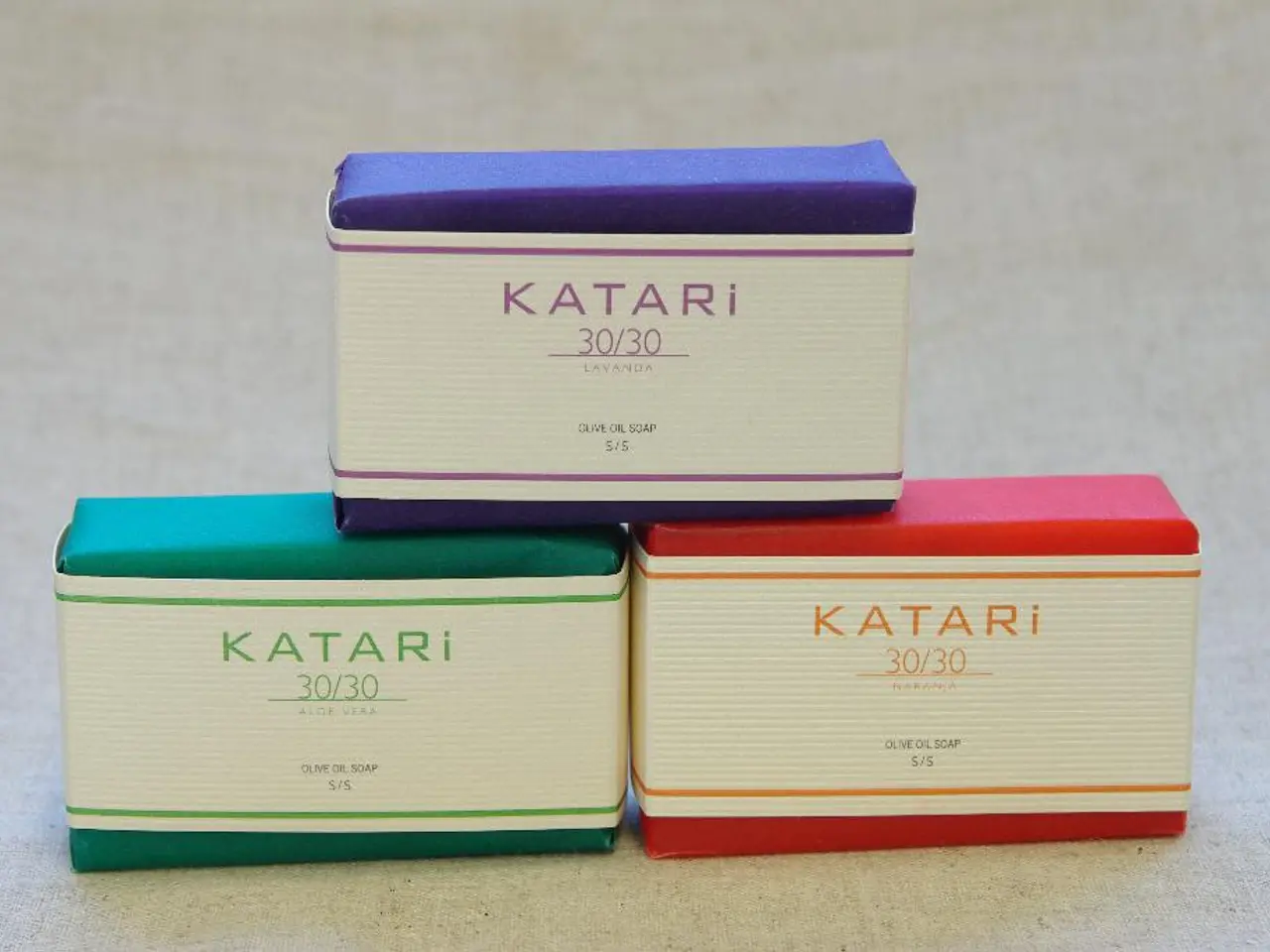Increased tariffs on certain goods from Brazil by Trump in strategic trade action reach 40%
The U.S.-Brazil trade relationship is facing a significant challenge with the imposition of a 40% tariff hike on certain Brazilian exports by former President Donald Trump. Even though Trump is no longer in office, his policies continue to shape U.S. trade conversations.
The tariff hike, effective as of early August 2025, has targeted specific products, leaving Brazil's most important exports unaffected for now. However, the move could potentially shake up the markets and lead to a bigger trade fight, depending on the responses and negotiations that follow.
Brazil, as the targeted country, may respond by retaliating with higher tariffs on U.S. exports, engaging in diplomatic negotiations, or seeking alternative trade partners to mitigate export losses. The potential parties involved in this trade dispute include the U.S. government, the Government of Brazil, Brazilian exporters and industries affected by the tariffs, U.S. importers and consumers of Brazilian goods, and international trade bodies such as the World Trade Organization (WTO).
U.S. importers and affected industries may petition the government for exemptions or tariff relief, or adjust supply chains to avoid Brazilian goods and seek alternate sources. U.S. companies that depend on Brazilian goods might start pushing back as well.
The Trump administration's stated potential next step is to increase the reciprocal tariff rate to 15-20% or higher if Brazil takes retaliatory measures. This aligns with previous trade policy patterns where tariff actions are calibrated dynamically based on foreign responses.
The sparing of goods like orange juice, oil, and aircraft parts is not random, but a strategic move to avoid hurting local U.S. farmers, industries, and businesses that rely on these imports. The new tariffs could make it harder for some Brazilian products to be sold in the U.S., particularly those that were not spared.
The 2024 U.S. election is a significant factor in current trade conversations. Small and mid-sized exporters in Brazil could be most affected by the new tariffs. As trade tensions grow, the world will be watching to see if this warning shot turns into a full-blown trade battle.
References: 1. Executive Order on Adjusting Imports of Certain Steel Articles 2. Statement by the Press Secretary on the Imposition of Tariffs on Brazilian Steel and Aluminum Products
Crypto markets might see increased volatility due to the ongoing U.S.-Brazil trade dispute, as investors react to the potential economic impacts. This trade conflict, influenced by former President Donald Trump's policies, could also escalate into a broader war-and-conflicts scenario, depending on the actions of both governments and involved parties. Additionally, the uncertainty caused by this conflict may lead to changes in policy-and-legislation related to trade, as well as affecting general news discussions about international relations.








